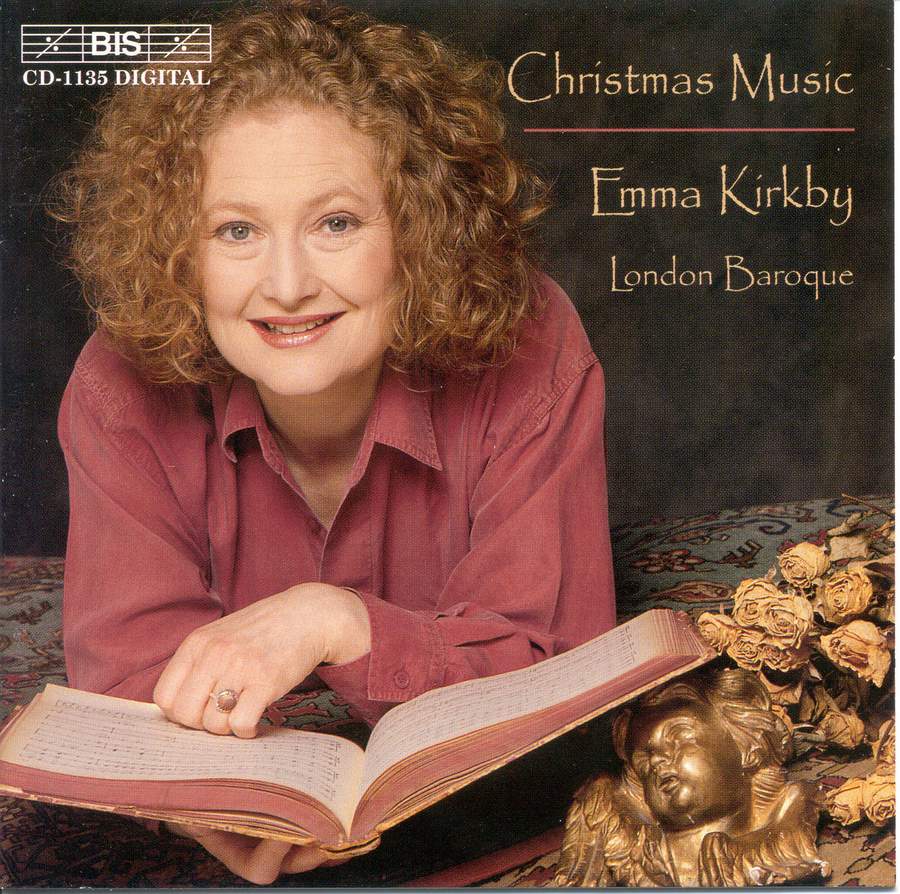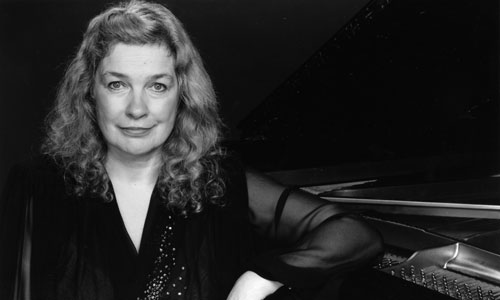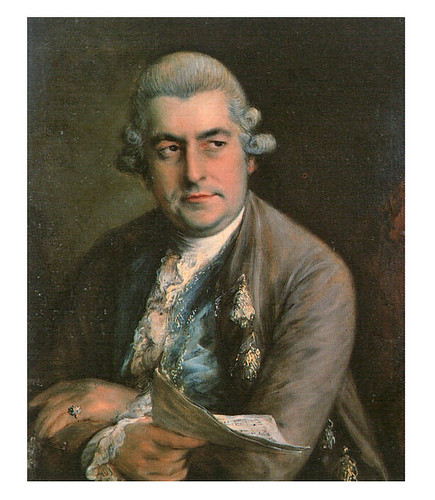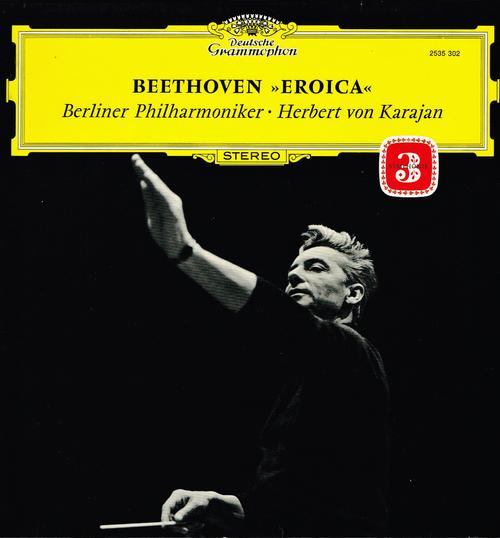Beethoven was a revolutionary composer. He composed music that searched the outer limits of instruments and musicians. In the 21st century, Ludwig van’s music is less of a challenge for professional symphony orchestra’s or Bechstein, Bösendorfer, Steinway and Fazoli players…
Luckily, there are a couple of recordings that give you a glimpse of the new and revolutionary in Beethoven’s works, where you hear that the instruments *had* to evolve, because the composers wanted more of them than they could give.
That feeling is what Alexander Lubimov gives on his recording of Beethoven’s „Waldstein” and „Moonlight” sonata. He uses a copy of an 1802 Erard pianoforte for this purpose and as Allmusic writes about this performance:
„Where one might expect power, smoothness, and a rich, rounded tone from a modern concert grand, the sound of this pianoforte is slightly muted in soft passages, clangorous at its loudest, and even a little buzzing in its overtones. Nowhere are these qualities more shocking than in the first movement of "Moonlight," where the music takes on a remote and antique quality, reminiscent perhaps of a cimbalom or harpsichord in certain notes”.
Finally, I picked the (in)famous recording of Beethoven’s Eroica Symphony by Jordi Savall and Le Concert des Nations. Be prepared for a shock. Clanking drums and sharp attacks make this performance an auditive experience that makes this music sound fresh and exciting again…
Ludwig van Beethoven:
-Piano sonata no 21 in C-major „Waldstein” op. 53
-Piano sonata no 14 in c sharp minor „quasi una fantasia” Moonlight sonata op. 27 no. 2
Alexander Lubimov, 1802 Erard (copy)
-Symphony no 3 in E-flat major „Eroica” op. 55
Le Concert des Nations, Jordi Savall, conductor.























